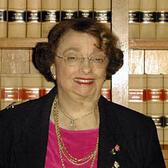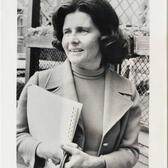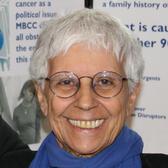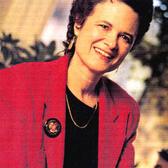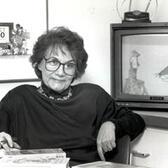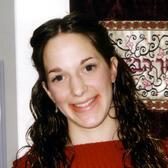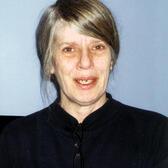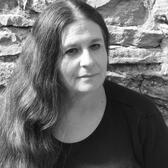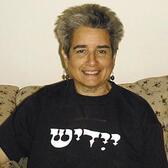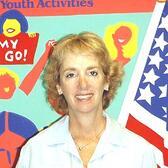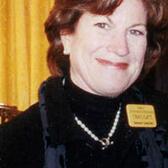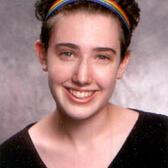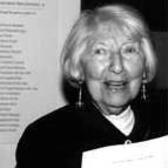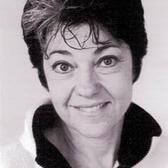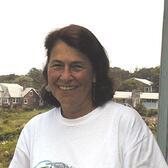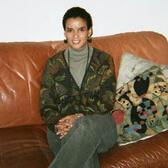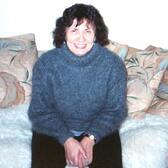Women Who Dared
JWA’s Women Who Dared project documents the stories of contemporary Jewish women activists who fought for social justice in their own communities, across the country, and around the world. From 2000 to 2007, we recorded oral history interviews with dozens of women of diverse backgrounds and generations in Baltimore, Boston, Chicago, and New Orleans. Each woman committed to finding solutions to problems ranging from civil rights to the plight of Soviet Jewry, women’s disempowerment to domestic violence, discrimination against the disabled to nuclear disarmament. The project chronicles the often untold story of Jewish women’s activism, highlighting the role of gender and Jewish values in the fight for social justice.
The Women Who Dared oral history interviews were funded in part by a major grant from the Dorot Foundation.

